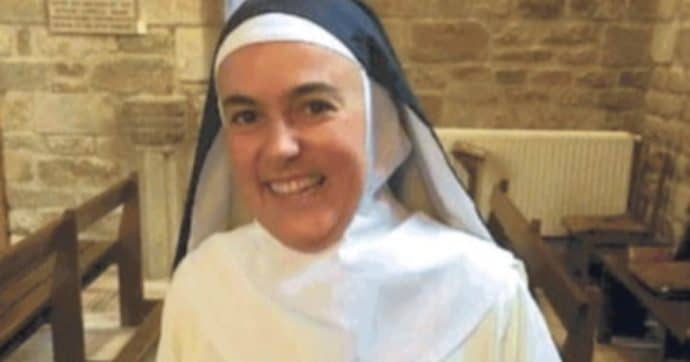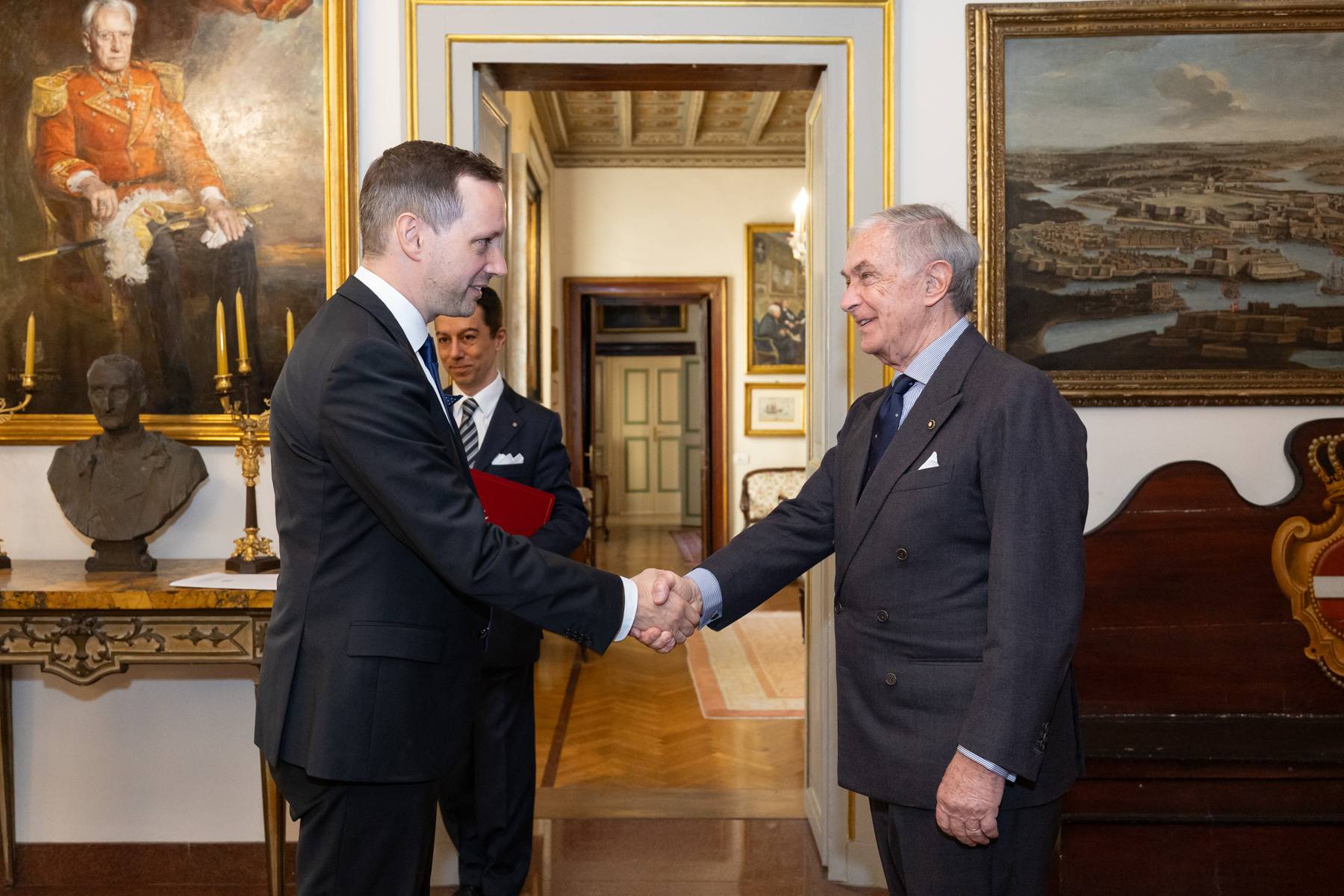ROME – Several sisters working on the frontlines in various fields spoke Thursday about the crucial role women religious hold as advocates for the world’s underclass and victims, a role they said is not about speaking for the people they assist but empowering them to find their own voice.
Speaking during a July 15 webinar organized by the International Union of Superiors General (UISG), Kenyan Sister Denatus Lili, former designate to United Nations’ special commission for Africa and Vice Coordinator of Religious Against Human Trafficking, said she believes religious women have a special role to play in advocacy.
“The Church, and especially religious,” she said, “must increase their impact, adopting synergies and galvanizing efforts to achieve justice” in various fields, situations, and contexts.
“We have been called by the Holy Father to stand with the marginalized, not to be their voice, but to build their capacity to voice their own concerns,” Lili said, saying she believes the role of women religious is “not being mouthpieces for the vulnerable, but allowing the vulnerable to state their issues.”
This need to let the vulnerable speak for themselves emerged as a key concern during the 2019 Synod of Bishops on the Amazon, which drew a broad participation of indigenous leaders and communities both in the preparation process and during the synod itself.
Many indigenous representatives thanked the Church for giving them a voice, and for allowing them to express their own views, desires, and needs, rather than trying to speak for them.
For Lili, this is precisely what the task of an advocate is. Simply “dishing out money and food is not the solution, but empowering individuals to voice their own needs” is what makes the difference and is what can change communities, she said.
The webinar, titled, “From education to advocacy: the integral commitment of women religious,” was the fifth installment of a series of seven organized by the UISG in preparation for the upcoming Synod of Bishops on synodality, which will begin at a diocesan level this fall, and will continue at a regional level in 2022, culminating with the traditional meeting of bishops in Rome in 2023 to discuss the topic at a universal level.
Sister Norma Pimentel, Executive Director for Catholic Charities of the Rio Grande Valley and who has been described as Pope Francis’s “favorite nun” due to her work with migrants along the US-Mexico border,
said she believes women religious “are advocates for social change,” and as such, “we must continue to speak out.”
“As advocates, we are defenders of human dignity, we are heralds of peace and justice,” she said, pointing to the work many women religious do to alleviate poverty, hunger, human trafficking, “and all forms of destruction of human life.”
Speaking from personal experience from her work along the border, Pimentel said she believes advocacy is linked to encounter, and that it’s not possible to advocate for a person or group without getting to know them and taking the time to listen to their needs and concerns.
Pimentel said that when she sees the faces of the men, women, and children she meets “whose faces bear the scars of abuse,” it inspires her “to do more.”
“I make sure the world notices the people who are struggling in our midst, the people I encounter every day. When I speak, I want to make sure the world notices them,” she said.
Pimentel pointed to several examples of women she’s met along the border who empower others, recalling how just a few days ago a migrant mother with two young children had a medical emergency was admitted to the hospital, and her children had nowhere to go. Pimentel contacted another woman who was a victim of human trafficking and who was still living at the border awaiting the trial of her traffickers, and despite this woman’s situation, she volunteered to watch the children until their mother was discharged.
“I am amazed at the power we women bring in what we are doing for humanity,” Pimentel said, noting that this is a simple example, but it shows the strength women have in “caring for humanity.”
At a time when many people are unsure what to believe or who to trust, advocacy is even more important, Pimentel said, adding that “as women of faith, we are guided by God as our moral compass.”
“If you are a person of faith, God must be at the center of who you are, so that the Holy Spirit can guide us,” she said, adding, “it is the spirit of God that will make you feel the fire within, to act and speak, so you are not paralyzed and indifferent, so you don’t ignore suffering and injustice…it is the spirit that moves you to be present to the core of humanity.”
“I encourage you to get close to people, listen to them, find out where you are needed,” she said, because “it is only when we allow ourselves to get close enough to see…it is only then that we will see.”
Sister Sheila Kinsey, Executive Co-Secretary for the Justice, Peace and Integrity of Creation UISG-USG Commission, which works with Vatican department for Integral Human Development, said advocacy is “the work of the Holy Spirit.”
“It can be a way of describing the Holy Spirit working in and through us in giving us a voice in defending human rights,” she said.
Advocates, she said, must have a keen sense of co-responsibility, social friendship, fraternity, and kindness, which allows them to see the situations before them, make good judgements, and decide on the right actions to take.
Australian Sister Angela Reed, Head of Mercy Global Action, which works with victims of human trafficking, said she believes advocacy means giving a voice back to “those who are silenced,” and making an effort “to rectify injustice.”
“It demands our engagement with issues and initiatives of those who struggle for life, justice, equity, rights and peace,” she said, insisting that what the world needs most from women religious right now “is a commitment to a spirituality that is prophetic,” and which shows mercy, compassion, and empathy, and which has “a heart for someone’s troubles.”
Advocacy “is not something you do, it’s something in you that is activated (and) cultivated through use, like a muscle,” she said, saying it requires a lot of experience, self-reflection, and knowledge of available tools and resources to be a good advocate.
Follow Elise Ann Allen on Twitter: @eliseannallen














